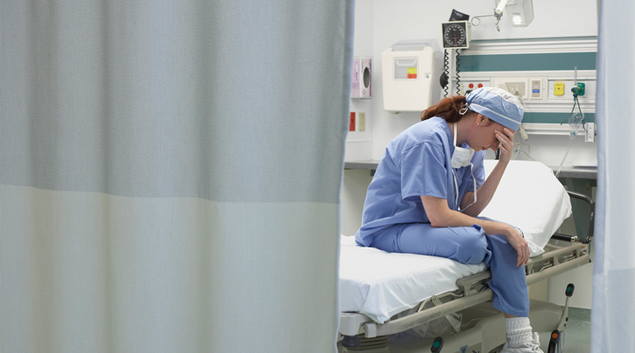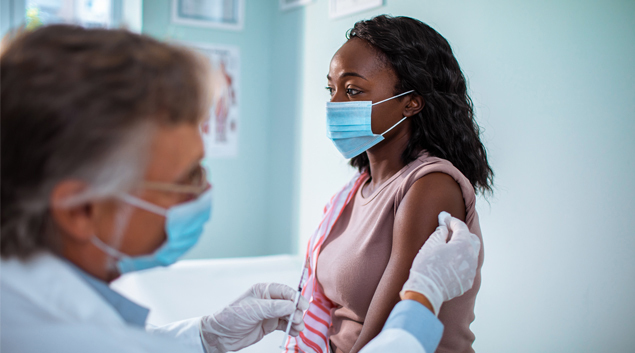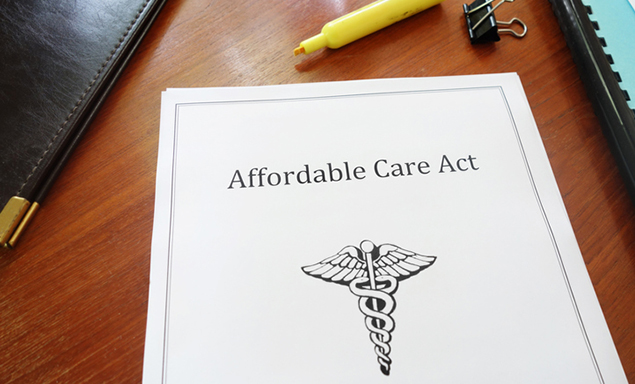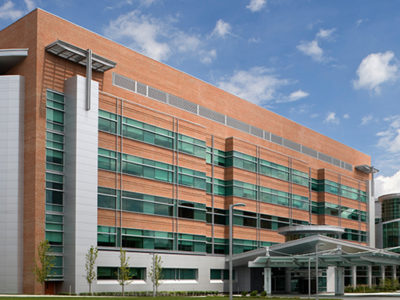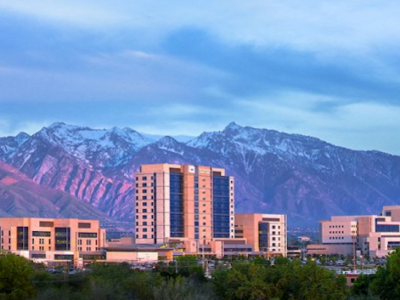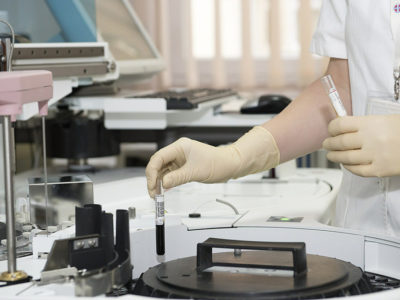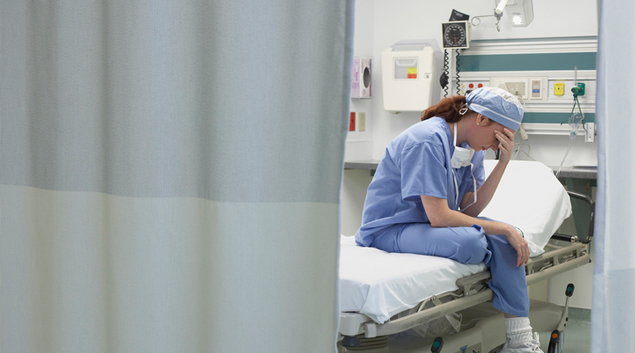
Healthcare staff on the entrance traces of the COVID-19 pandemic threat publicity to the coronavirus each day, and this poses apparent dangers to their bodily well being. However the public well being disaster is taking a toll on their psychological well being as effectively, contributing to nervousness, stress, melancholy, loneliness and different considerations, as outlined in a pair of latest surveys.
Whereas many all through the U.S. are dealing with the worry and uncertainty of COVID-19 from their properties, important staff, together with healthcare staff, should expose themselves to the virus day by day. Healthcare staff are additionally experiencing circumstances which have been in comparison with a battle zone, constantly witnessing the direct results of the pandemic because it spreads all through communities.
WHAT’S THE IMPACT
HIMSS20 Digital
Study on-demand, earn credit score, discover merchandise and options. Get Began >>
Hospitals have been overwhelmed and short-staffed because the coronavirus has reached new peaks in lots of areas of the nation, straining assets and stretching the workforce skinny. A survey from Psychological Well being America sought to quantify the impact that is having on the business’s workforce. From June to September, MHA hosted the survey on mhascreening.org to hearken to the experiences of healthcare staff throughout COVID-19 and to create higher assets to assist help their psychological well being as they proceed to supply care.
The responses collected from the 1,119 healthcare staff surveyed indicated they’re stressed and stretched too skinny: 93% have been experiencing stress, 86% reported experiencing nervousness, 77% reported frustration, 76% reported exhaustion and burnout, and 75% stated they have been overwhelmed.
They’re additionally apprehensive about exposing their family members. Greater than three quarters of healthcare staff with kids stated they have been apprehensive about exposing their youngster to COVID-19, practically half have been apprehensive about exposing their partner or associate, and 47% have been apprehensive that they’d expose their older grownup members of the family.
Amongst folks with kids, half reported they’re missing high quality time or are unable to help their kids or be a gift guardian.
Emotional exhaustion was the commonest reply for modifications in how healthcare staff have been feeling over the earlier three months (82%), adopted by bother with sleep (70%), bodily exhaustion (68%) and work-related dread (63%). Over half chosen modifications in urge for food (57%), bodily signs like headache or abdomen ache (56%), questioning profession path (55%), compassion fatigue (52%) and heightened consciousness or consideration to being uncovered (52%). Nurses reported having a better publicity to the coronavirus (41%) they usually have been extra prone to really feel too drained (67%) in comparison with different healthcare staff (63%).
About 39% stated they did not really feel like that they had enough emotional help. Nurses have been even much less prone to have emotional help (45%).
When requested to pick their high three work-related stressors, 61% reported uncertainty about when issues will quiet down or return to regular, and 54% reported experiencing burnout. Almost half (49%) additionally reported that their heavy or elevated workload was a significant stressor within the earlier three months.
WHAT ELSE YOU SHOULD KNOW
A second survey performed by Berxi, a division of Berkshire Hathaway Specialty Insurance coverage and a supplier {of professional} legal responsibility insurance coverage for medical professionals, got here to related conclusions concerning the ranges of stress and burnout reported by healthcare staff. Berxi just lately accomplished the survey to study extra about their psychological and bodily well-being in comparison with this time final yr, and the outcomes have been troubling.
A startling 84% reported feeling a minimum of mildly burned out from work, and 18% really feel completely burned out. The highest 5 stressors that respondents recognized, so as, have been worry of getting COVID-19; lengthy hours/shifts; the overall state of the world; worry of spreading the coronavirus; and household points and duties.
Alarmingly, 90% stated they have been getting lower than the beneficial eight hours of sleep every night time, and one in three admitted to getting 4 hours or much less. Work efficiency is struggling consequently: One in three healthcare staff really feel that they have been making extra errors at work.
Almost half (48%) have thought of both retiring, quitting their jobs, or altering their careers altogether, whereas the identical quantity say that their psychological well being has deteriorated.
Of all healthcare professionals surveyed, 49% have cried at work up to now yr — and 67% of all nurse practitioners admitted to doing the identical.
THE LARGER TREND
The burnout difficulty was predicted in March by Dr. James Adams of Northwestern College’s Feinberg College of Medication, and Dr. Ron Partitions of Harvard Medical College, who wrote that the mix of stress and attainable publicity places healthcare professionals, from physicians, to nurses, to specialists, at higher threat of contracting COVID-19 and probably spreading it to others.
